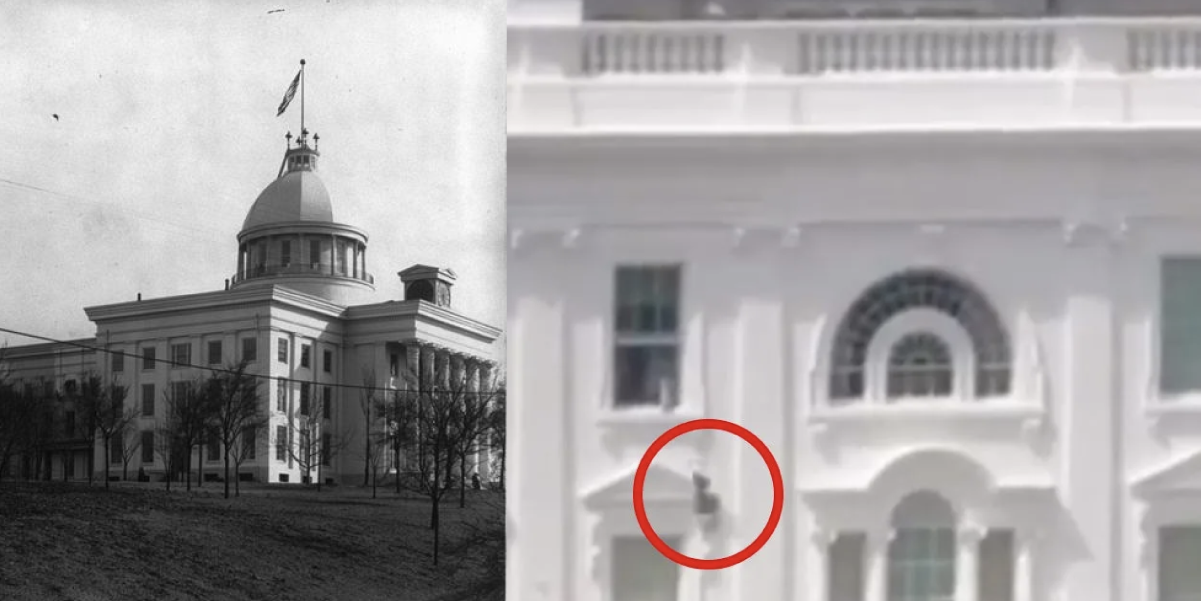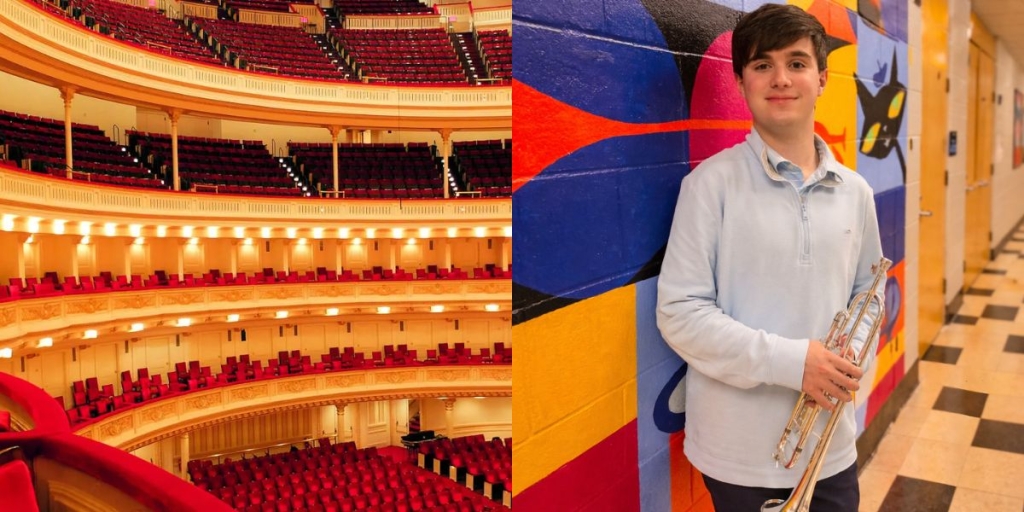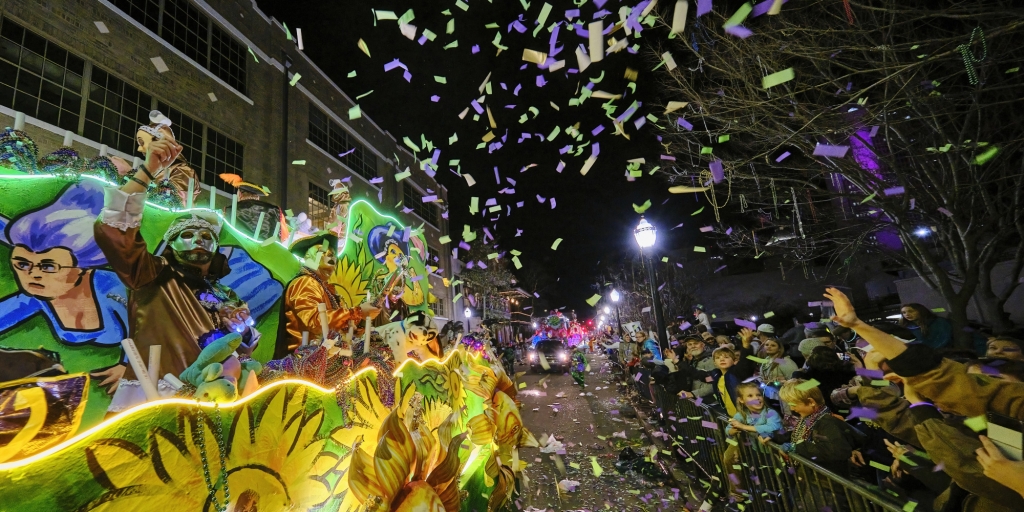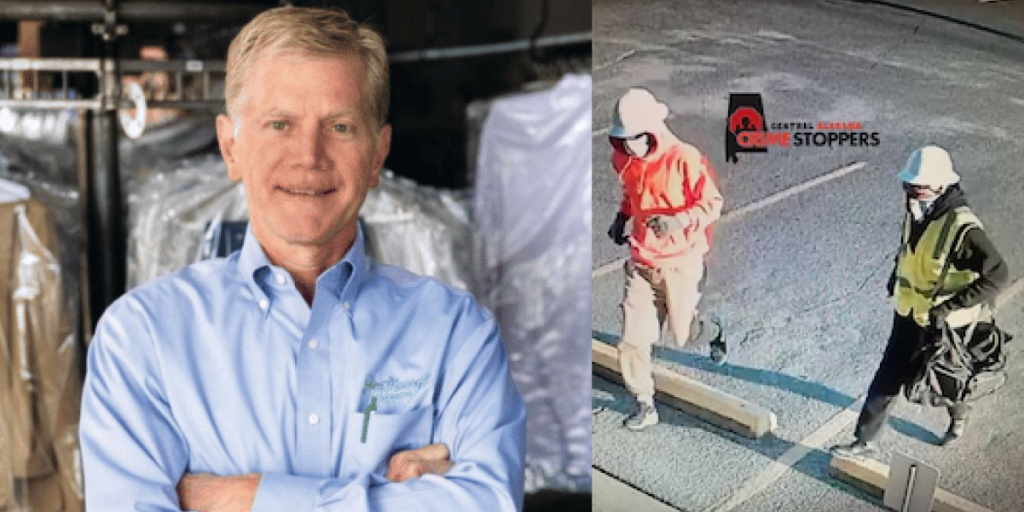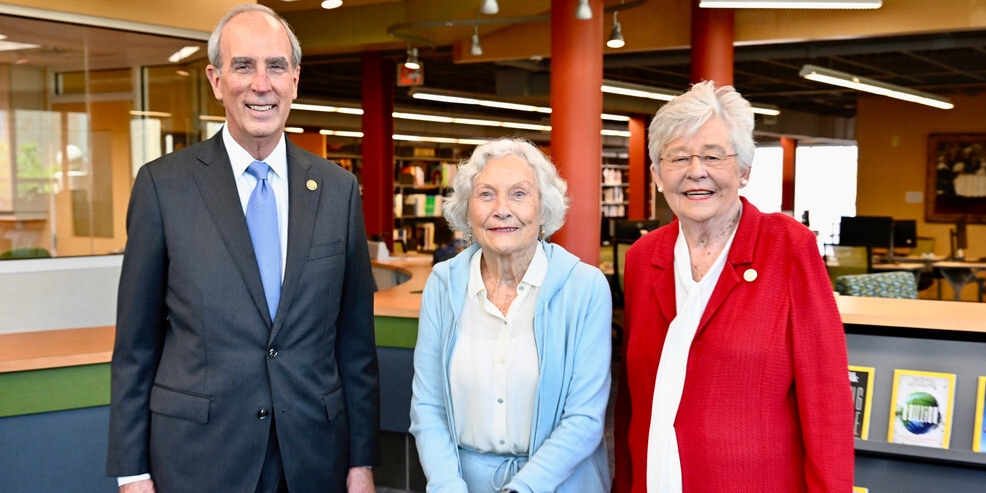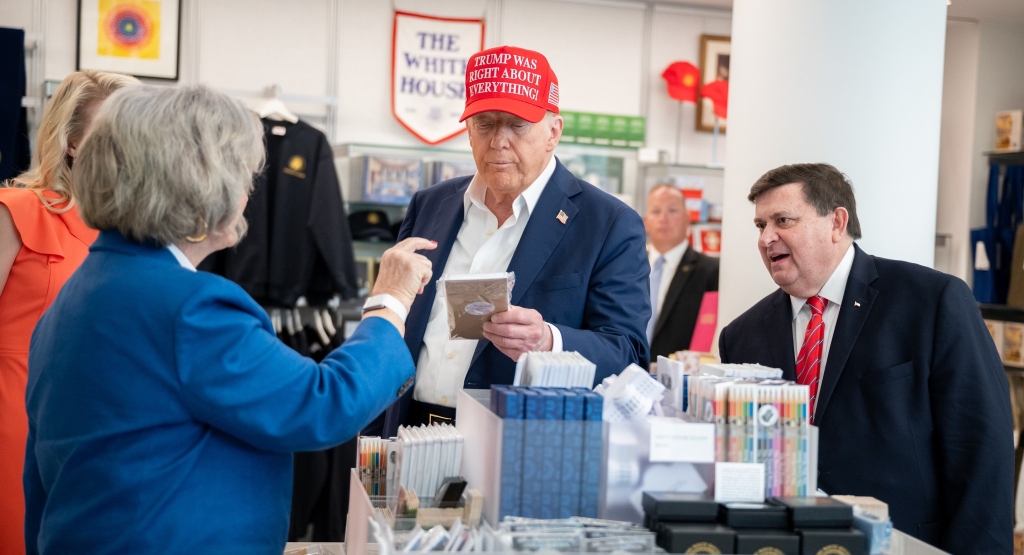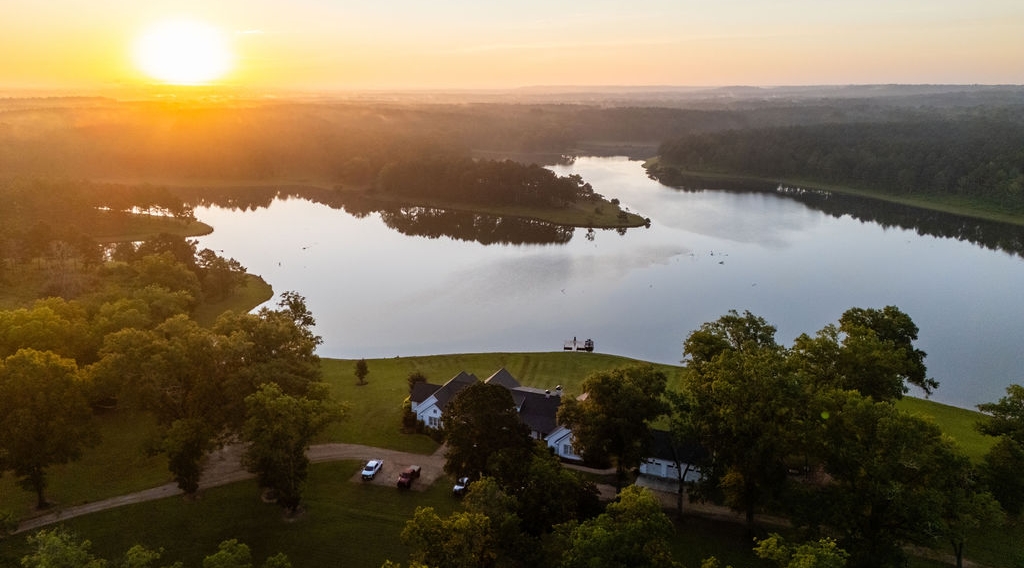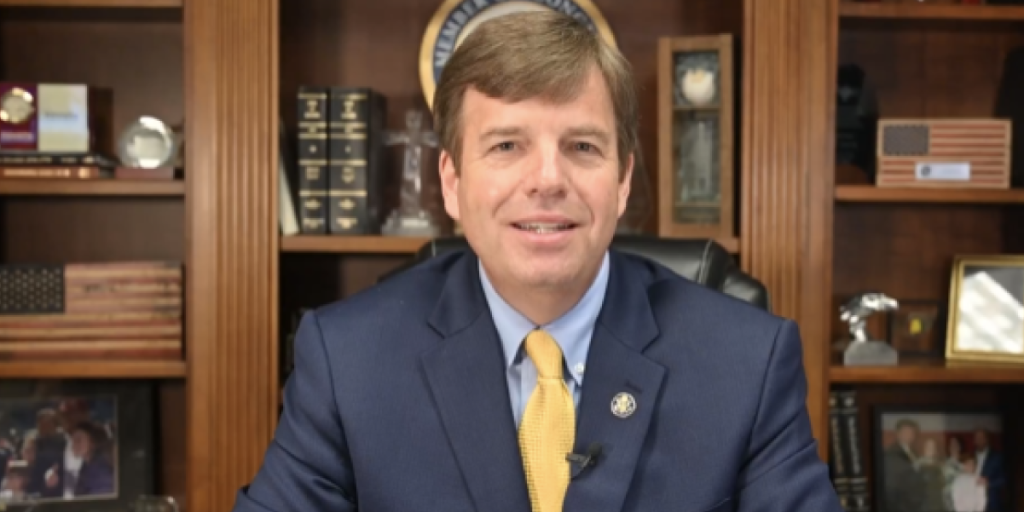During the Oval Office question and answer session that followed Tuesday’s Space Command announcement, President Donald Trump was asked about a viral video that seemed to show garbage bags being tossed from a window of the second floor family residence of the White House.
Dismissing the video as likely “AI-generated,” Trump noted that the residence windows are bulletproof, cannot be opened, and “weigh 600 lbs.”
The exchange prompted us to recall some history associated with bulletproof windows in the Alabama Governor’s Office, which is shared below.
Prior to 1981, the windows of the governor’s private office in the Capitol were simply 1/8-inch thick regular glass that could be found in any structure, but to provide an added layer of security following the assassination attempt on Gov. George Wallace during the 1972 presidential campaign, steel plates were installed and covered every inch of the 4-foot by 12-foot frames.
In addition to blocking any bullets, the steel plates also prevented any sunlight from entering the office, which Wallace’s successor, Gov. Fob James, found dark and gloomy. Simply removing the plates was not an option because the North steps of the Capitol provide easy access to one of the windows, and any individual with nefarious intent could take a shot through the glass with little effort.
To resolve the issue, the lower halves of the windows were fitted for the first time with bulletproof glass that the governor’s director of security, Gene Mitchell, said was strong enough to “withstand small arms fire.”
Additional security measures, such as surveillance cameras, cipher locks, and hidden alarm buttons, were installed, as well.
The cost of each bulletproof window in 1981 was $4,030, which equates to $14,322 today, and they remained in place until Gov. Guy Hunt took office in 1987.
The first Republican governor since Reconstruction surprised many when he hired his son, Keith Hunt, to serve as his director of security despite the fact that the gubernatorial offspring was a carpenter and cattle farmer by trade and had no experience of any kind in dignitary protection.
The Capitol underwent a thorough renovation during Hunt’s first term, and the Alabama Historical Commission employee in charge of the project, Tom Dolan, later accused the governor and his son of demanding $2 million in unnecessary security upgrades, which equates to $5.7 million today.
Among the improvements were even thicker bulletproof windows able to withstand bullets fired from an AK-47 and other high-powered weapons. The 3/4-inch thick, ballistic-grade glass was stronger than that used in bank drive-thru windows.
Because it was so heavy, only the lower portions of the tall windows could be made bulletproof, and specially-constructed steel casings had to be installed around the eight windows in order to ensure the Capitol could structurally accommodate and withstand the tremendous weight of each pane.
Gov. Hunt and his son, whose security chief salary was paid through privately-raised campaign and transition funds in order to avoid charges of nepotism, said the demand for upgrades resulted from consultations with the U.S. Secret Service, which often provided advice and insight on such matters when state governments requested.
“The glass was overdone. I don’t think anyone could shoot accurately into that office from across the street anyway, especially during the day when it is lighter outside than inside,” Dolan said. “
And because the Capitol sits atop Goat Hill, the highest point in Montgomery, Dolan said only someone on the rooftop of a state office building across the street could have any shot into the governor’s private office.
While the Secret Service report on needed security upgrades has never been made public, it is known that one recommendation not followed due to cost constraints was the construction of a “12-foot-high iron-and-concrete fence without footholds” around the Alabama Capitol Building.
After four year’s of serving as his father’s director of security, Keith Hunt resigned his post in 1991 and returned to his carpentry work and farming in Holly Pond, where he told reporters he was “buying a few cows…messing with my horses and stuff.”
And while the high-security windows at the White House may be unable to open, I know from firsthand knowledge that the governor’s office windows are still operable.
I served as spokesman for Gov. Fob James during his second term in office, and on spring days when a gentle breeze was blowing, the governor, who often enjoyed a cigar while working at his desk, would set security concerns aside, throw open his office windows, and let the smoke from his Garcia y Vega English Corona stogies slowly waft outside…
This story originally appeared in The Art of Alabama Politics, an outlet dedicated to the the wild, weird, and wonderful history of Alabama politics.




